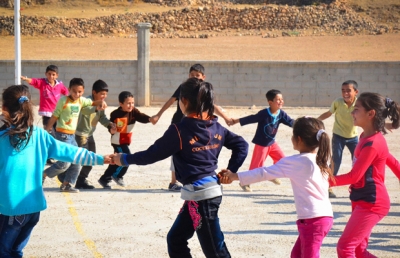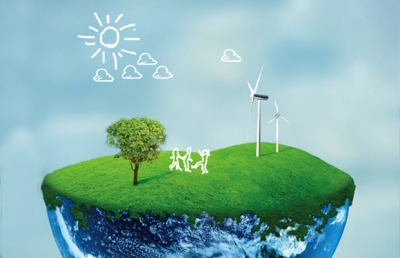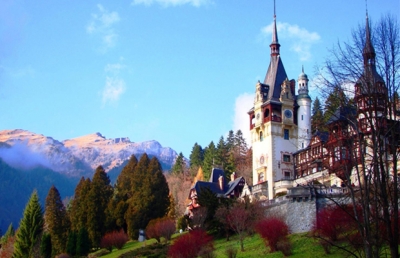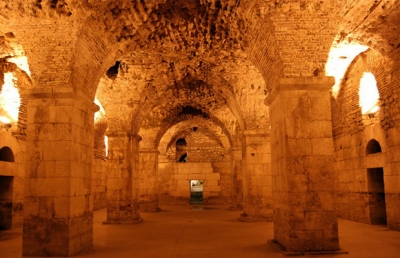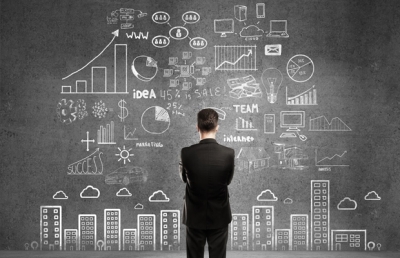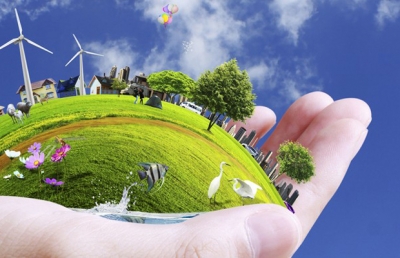In one of our last projects in Turkey, we had the great experience to be part of a festival organized by ART ANYWHERE. “Art can be anywhere and it should be accessible for everyone”, is the philosophy behind this non-profit organization benefiting the local community in Mardin. International festivals, projects, workshops and demonstrations are organized regularly, especially for children and young people.
Romania is the largest country in Southeastern Europe, the twelfth largest in Europe and a growing tourism destination in the world. The Dracula's Castle, the Painted churches of Northern Moldavia, and the Wooden churches of Maramureș are some of the reasons to have the fourth fastest growing demand for travel and tourism in the world.
With a long history of tourism development, Croatia is still a paradise to discover. Although it is the 18th most popular tourist destination in the world, most of its treasures are still being undiscovered by tourists. Croatia is one of the richest countries in Europe in terms of biodiversity having four types of biogeographical regions: Mediterranean, Alpine, Pannonian and continental.
Projects bring people together; individuals with different skills, mentalities and backgrounds who try to achieve a common task. Additionally, every organisation has some distinct characteristics, follows different procedures and routines, which make every project a particular and complex social phenomenon.
A project is a time-limited initiative that is undertaken to provide a solution. Besides planning and organising to achieve project objectives, accounting is also a key activity in order to mobilise resources and to work together for the same goal. It is important to know not only what to do and how to do it, but also how to account and report for it.
Technology has transformed our life, making everything apparently easier and faster. Processes that used to be time demanding and problematic are now easily managed with several solutions provided by new technologies. However, when implementing IT solutions several facts should be taken into account, especially in donor-funded projects.
Since our establishment in 1985, we have completed over 700 inter-disciplinary projects in about 80 countries. Implementing these projects successfully has been a continuous learning process. As every project manager knows, implementing donor-funded projects requires skills in leadership, planning, organizing, financial accounting, reporting and many other processes.


